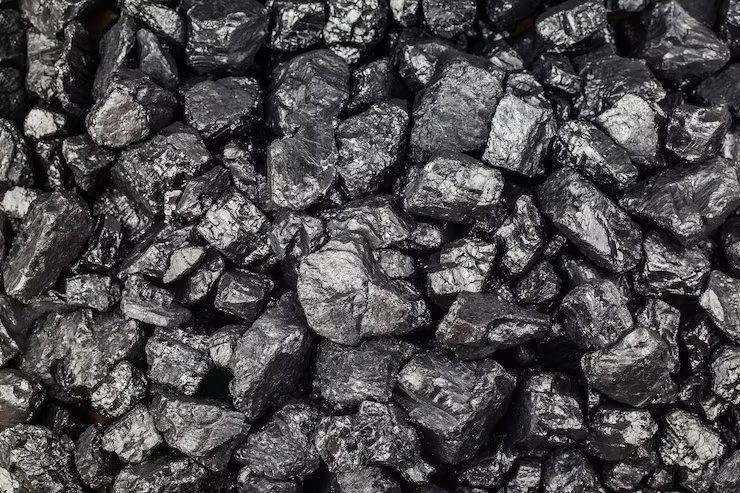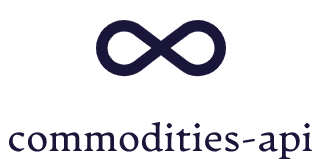Do you want to know more about the Newcastle Coal Futures using an API? In this article we will tell you everything you need to know.
Coal is the dirtiest fossil fuel because it produces the most carbon dioxide per unit of energy. Coal also produces other pollutants, such as sulfur dioxide, nitrogen oxides, and mercury, which contribute to acid rain, smog, and acid deposition in lakes and forests. The Newcastle coal futures contract is a futures contract that is based on the price of Newcastle coal. The contract is traded on the Chicago Mercantile Exchange (CME) Futures Exchange, and it expires on the last Friday of each month from January to December.
The use of APIs has become increasingly common in recent years. APIs can be used to improve websites or apps by providing additional information or functionality. The use of APIs can also be used to create new products or services. A Coal Prices API can be used to provide information about the Newcastle coal futures contract.

Newcastle coal futures are used by traders to speculate on the future price of coal. They are also used by utilities and other companies that need to buy or sell coal in the future. Because these futures are settled in cash rather than physical coal, they are used by people who do not need or want physical coal.
The ability to save time is one of APIs’ key benefits. You can leverage an existing API that already has a backend system created rather than having to build your own. This frees you from having to worry about creating a backend system so that you can concentrate on creating your frontend application or website.
Commodities API
Developers can get real-time data on valued commodities through the Commodities API, which is offered by more than 10 different exchange rate data providers for commodities pricing. The API contains numerous endpoints, each of which serves a distinct purpose. The endpoint can send API requests for data on one or more currencies, data on daily changes, value conversion, and time series data for one or more currencies. It can also send API requests for the most recent commodity rate information for all or a selected subset of currencies.
Depending on the commodity you’re looking for, this API will provide you with a variety of replies. In this instance, we’re interested in finding out more about coal. The coal symbol offered by the API (COAL) can be used to look up information about it:
{"data":{"success":true,"timestamp":1683666360,"date":"2023-05-09","base":"USD","rates":{"COAL":0.008},"unit":{"COAL":"per tonne"}}}
One dollar is equal to 0.008 tonnes of coal, as you can see in the response.
All You Have To Do To Utilize It Is:
- Go to Commodities API and simply sign up, when you are done you’ll be ready to start using the API!
- Employ the different API endpoints using the symbols given by the API depending on what you are looking for.
- Once you meet your needed endpoint, make the API call by pressing the button “run” and see the results on your screen.
The Commodities-API offers data with a two-decimal place precision in more than 170 different currencies. You can perform up to 100.000 API requests each month and receive data updates every 60 seconds, depending on the subscription you choose. This API also comes with a seven-day trial period.


